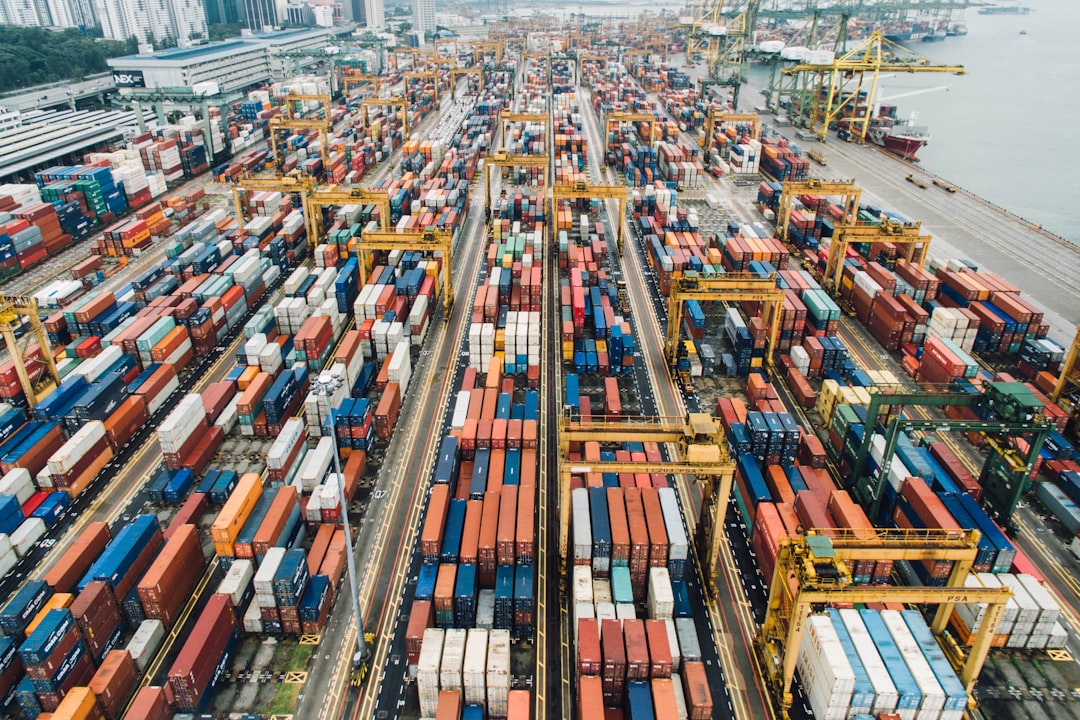Importer/Exporter Kaiwhiwhi Rawa i Tāwāhi/Kaituku Rawa Ki Tāwāhi
Importers/exporters plan, organise, direct and co-ordinate the operations of an importing or exporting business.
Registration is not required for importers/exporters. However, they can become members of Export New Zealand, which provides access to advice and information on exporting.
Importers/exporters may do some or all of the following:
- identify local and overseas business opportunities
- gather information on products and work out the cost of supplying them
- work with local and overseas suppliers and distributors of goods
- arrange the shipping of goods into and out of the country
- negotiate customs, shipping and air freight of goods
- develop promotional and marketing campaigns for products
- keep up to date with exchange and financial market rates
- communicate with government agencies such as Ministry of Foreign Affairs and Trade (MFAT) and Ministry for Primary Industries (MPI).
Useful Experience
Useful experience for importers/exporters includes work in:
- overseas trading or exporting
- manufacturing
- shipping
- marketing
- a management position.
Overseas travel and experience of different cultures is also useful.
Personal Qualities
Importers/exporters need to be:
- able to make good judgements
- quick-thinking and able to work well under pressure
- good at written and oral communication
- good at time management
- able to work well alone and as part of a team
- able to relate to people from a range of cultures and backgrounds.
Skills
Importers/exporters need to have knowledge of:
- the goods they are selling
- customs legislation and export procedures
- international banking methods
- how to negotiate with clients
- budgeting, business and marketing skills.
Being able to speak other languages can be an advantage.
Conditions
Importers/exporters:
- usually work regular business hours, but may have to communicate with people in different time zones at other times
- work in offices, but may spend time in warehouses and factories
- often travel overseas to source products, attend conferences and visit markets and trade fairs.
Subject Recommendations
There are no specific secondary education requirements to become an importer/exporter. However, business studies and languages are useful.
Related Options
Importer/Exporters can earn around $48K-$75K per year.
Pay for importers/exporters varies depending on qualifications, experience, employer and the exact role they perform.
- Entry-level importers/exporters usually start on minimum wage
- Mid-level importers/exporters usually earn $50,000 a year.
- Senior importers/exporters may earn up to $75,000.
- Importers/exporters who run their own companies can earn more than this.
Source: Trade Me Jobs, 'Salary Guide', 2018.
Importers/exporters may move into managerial or consultant positions in the industry, or run their own business.
They may specialise in areas such as:
- dairy
- wool
- textiles
- machinery
- electronics.
They may also specialise in roles such as:
- Export Agent
- Export agents help companies to sell their products to an overseas market (where the export agent is usually based). They are usually paid a sales commission.
- Import Agent
- Import agents calculate exchange rates and order foreign products. They ensure the legality of importing and selling products.
Years Of Training
There are no specific requirements to become an importer/exporter.
However, employers often prefer you to have a tertiary qualification, such as a diploma or degree, in shipping and logistics, commerce, or business management majoring in international business.

 Edgewater College
Edgewater College